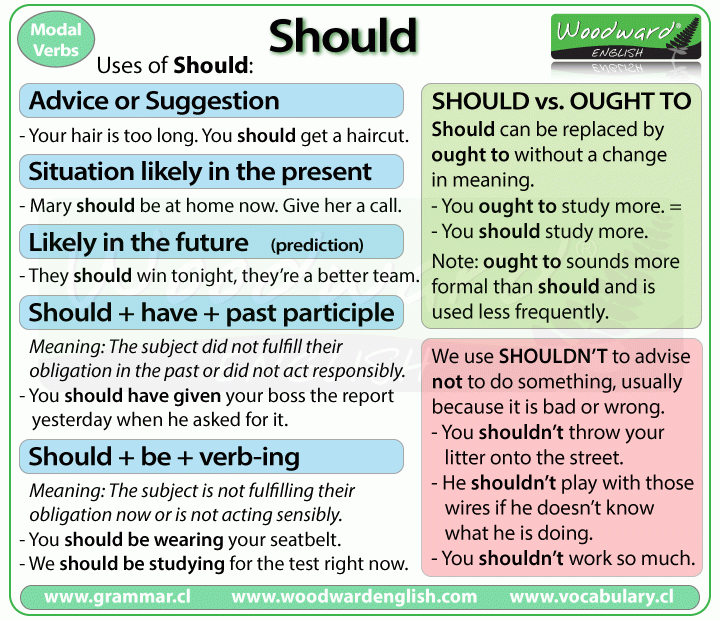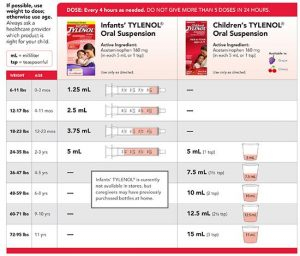When Should A Baby Sit Up
As a parent, one of the most exciting milestones you look forward to is when your baby starts sitting up on their own. It’s a sign of growth and development, and it opens up a whole new world of exploration for your little one. But when exactly should you expect your baby to start sitting up? Let’s dive into the details of when should a baby sit up and what factors can influence this important milestone.
Knowledge
There is no one-size-fits-all answer to when a baby should sit up, as each child develops at their own pace. On average, most babies start to sit up on their own between the ages of 4 to 7 months. However, some babies may achieve this milestone as early as 3 months, while others may take a bit longer and start sitting up closer to 9 months.
One of the key factors that can influence when a baby sits up is their muscle strength and control. Babies need to have good head and neck control before they can sit up independently. Tummy time, where babies spend time on their stomachs, can help strengthen these muscles and prepare them for sitting up.
Another factor to consider is your baby’s physical development. Some babies may be more interested in sitting up and exploring their surroundings, while others may be content to lie down and observe. Providing opportunities for your baby to practice sitting up, such as using a Bumbo seat or propping them up with pillows, can encourage them to develop this skill.
It’s important to remember that every baby is unique, and there is a wide range of what is considered normal when it comes to reaching developmental milestones. If you have concerns about your baby’s development or if they are not showing any signs of sitting up by 9 months, it’s always a good idea to consult with your pediatrician for guidance and reassurance.
Conclusion
Knowing when a baby should sit up can help you track your child’s development and celebrate their milestones along the way. Remember, every baby is different, and it’s important to be patient and supportive as they reach these important milestones. The key strengths of this article are providing detailed information on when babies typically start sitting up, factors that can influence this milestone, and when to seek guidance from a healthcare provider.
In conclusion, the ability for a baby to sit up independently is an exciting milestone that opens up a new world of exploration and learning for them. By understanding when to expect this development and providing opportunities for your baby to practice, you can help support their growth and development. Remember, every baby develops at their own pace, so be patient and enjoy watching your little one grow and thrive.






